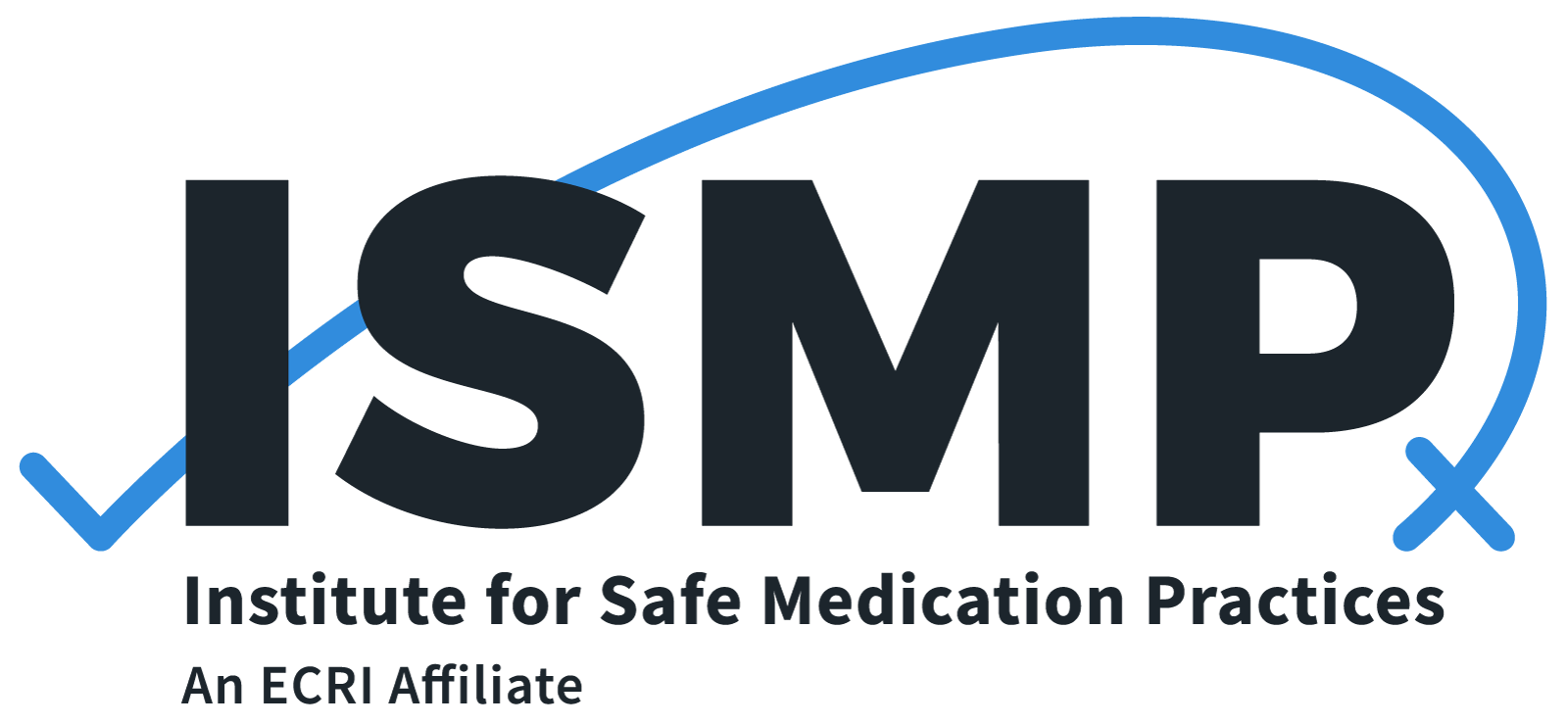Close calls—a sign of resilience or vulnerability? Odds are higher that vulnerabilities are reported
In the January 2021 issue of The Joint Commission Journal on Quality and Patient Safety, Jung et al. examined how the proximity of a close call to the averted failure (reaching the patient) impacted healthcare workers’ psychological safety and willingness to report the event.1 A close call (also referred to as a near miss) is an event, situation, or error that took place but was captured before reaching the patient. To cite one example of a close call, the wrong drug was dispensed by the pharmacy, but a nurse caught the error before it was administered to the patient.
Jung et al. note that reports of close calls contain contrasting clues or associations that highlight either resilience—we managed to avoid the failure and were successful in terms of the outcome—or vulnerability—we nearly failed in what transpired right before the averted outcome. They found that close calls that were caught early in the process were often perceived as successful because they were further away from the averted failure, thus underscoring a sense of resilience. In contrast, close calls that were caught later in the process were often perceived as near failures, thus underscoring a sense of vulnerability.
The authors emphasized that close calls were not processed and treated equally. They found that the likelihood of reporting close calls seems dependent not only on the degree of psychological safety felt by the worker in reporting the event, but also whether the close call was caught early (evidence of resiliency) or later (evidence of vulnerability) in the process.
While psychological safety is important to feel comfortable reporting a close call, Jung et al. found that the odds of reporting were higher if it was caught later in the process, was discerned as a vulnerability or near failure, or was felt to be an event that “nearly happened” rather than “could have happened.” The willingness to report the event seemed to be related to a strong outcome bias and how close the event came to harming the patient. On the other hand, the odds of reporting a close call were lower if it was caught earlier in the process, deemed a chance success or a sign of resilience, or was felt to be an event that “could have happened” rather than “nearly happened.” Healthcare workers were less inclined to report close calls that seemed to be distant to patient harm or have a weak or neutral outcome bias.
Prior research suggests that the perceived severity of a close call may reduce psychological safety and thus reduce the willingness to report the event. However, these recent findings suggest that another variable that predicts the likelihood of reporting close calls is whether the event is perceived as a failure or vulnerability rather than a success or a sign of resilience. Jung et al. point out that close calls that are identified early in the process may resemble an ordinary, everyday occurrence, more so than a reportable incident. These early mistakes may not be regarded as sufficiently important to report.
The authors suggest that educating healthcare workers about the dual nature of close calls, which can demonstrate either vulnerability or resilience, may aid appropriate recognition of all close calls as learning opportunities. Healthcare workers should be encouraged to report all types of close calls, including seemingly minor ones that occur early in the process. There is much that can be learned about both the vulnerability and resilience of your systems from all close calls.
Reference
- Jung OS, Kundu P, Edmondson AC, et al. Resilience vs. vulnerability: psychological safety and reporting of near misses with varying proximity to harm in radiation oncology. Jt Comm J Qual Patient Saf. 2021;47(1):15-22.
Access this Free Resource
You must be logged in to view and download this document.
